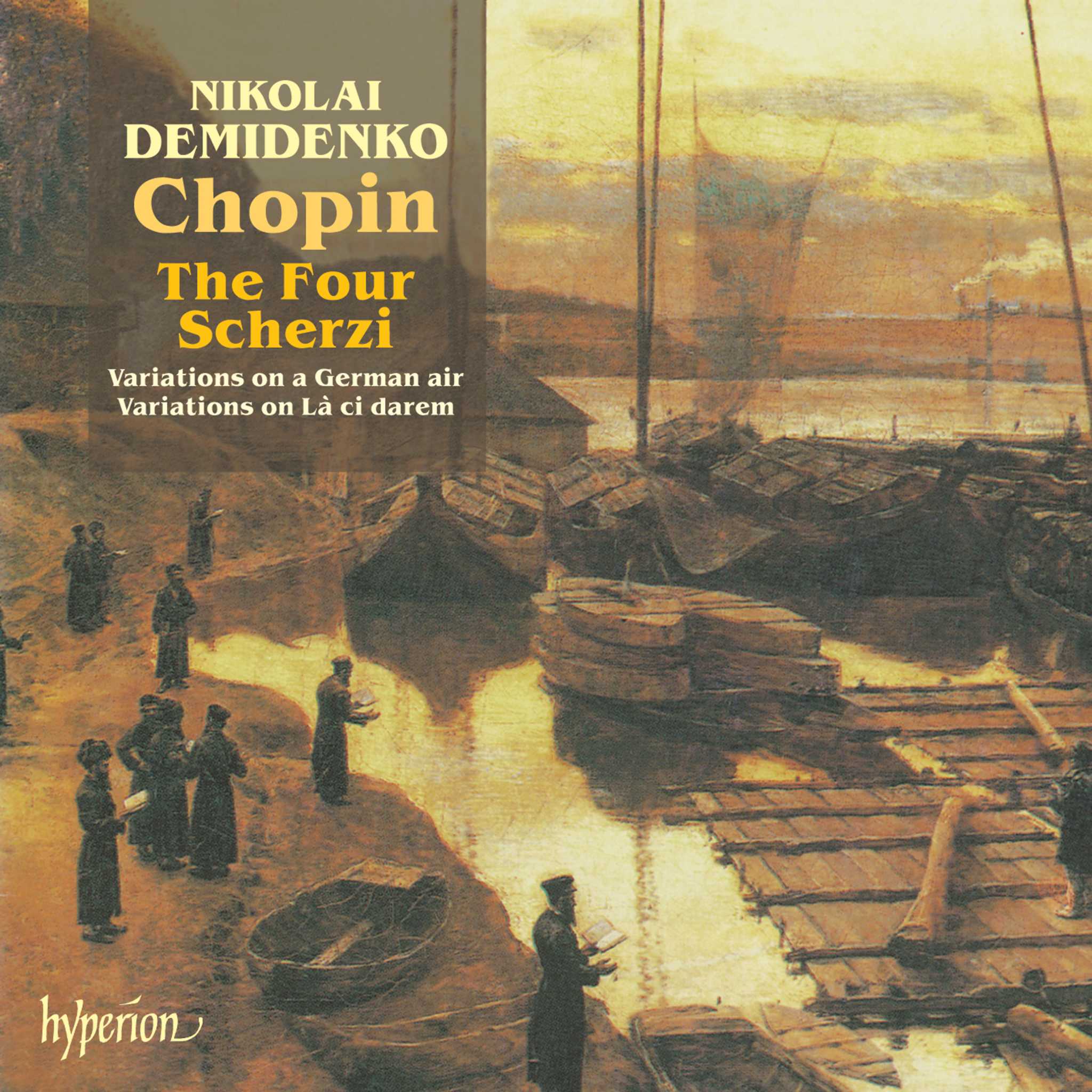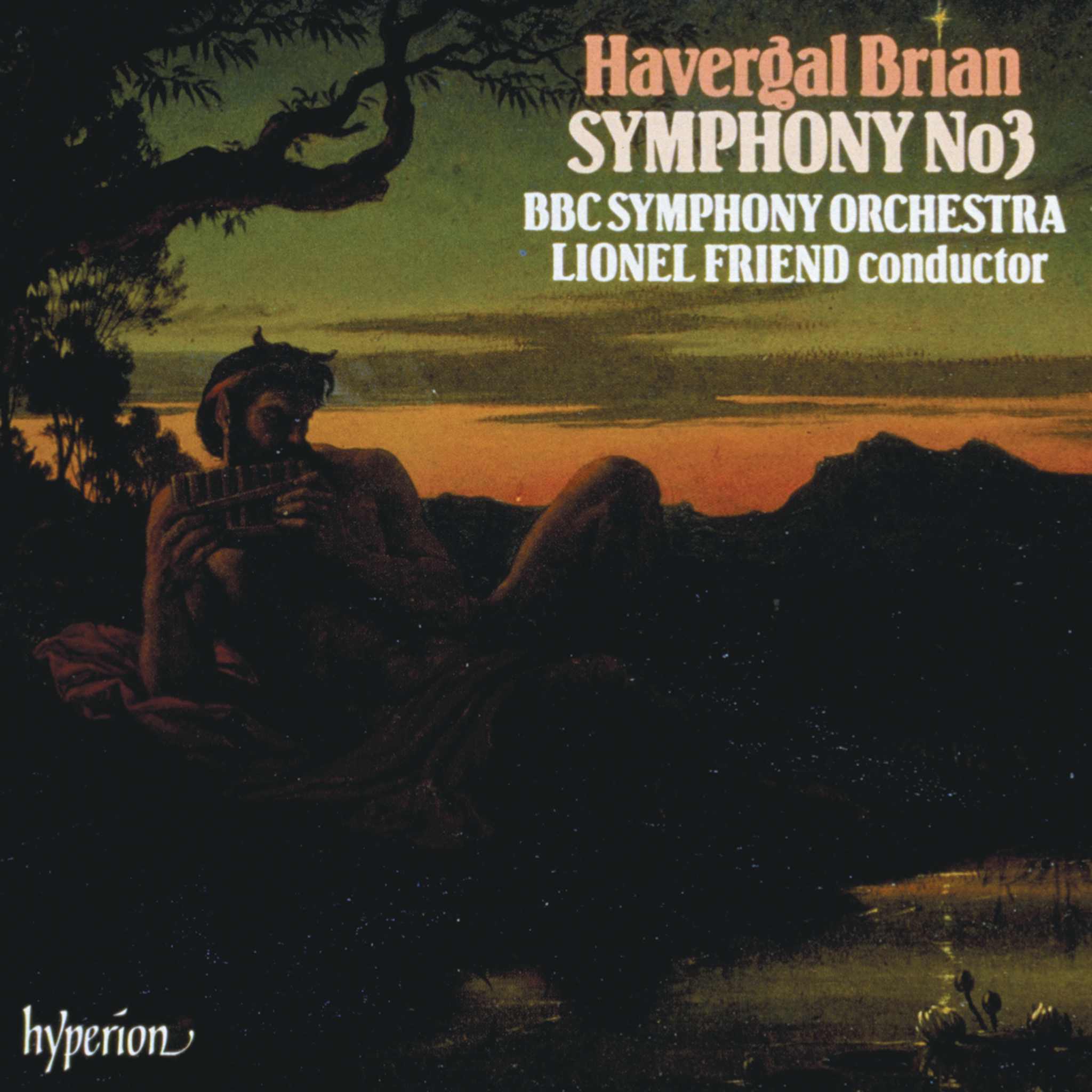Album insights
During the Romantic era, most prominent pianists crafted their own adaptations with care, aiming to showcase the performers and their instruments optimally. This led to a rich collection of piano adaptations incorporating various sources: operas, songs, choral and orchestral works, organ music, and pieces for solo strings. Successful transformations for the piano emerged, igniting enthusiasm among both performers and audiences.
For musicians, the enduring appeal of many works lies in the sheer sensual and physical euphoria of delving into beautiful, often powerful, incredibly loud piano music, such as the grand adaptations of organ works. The chance to be swept away by sound, be it singing "Dies Irae" from Verdi's Requiem, playing "Le Sacre du Printemps" in an orchestra, or being surrounded by passionate melodies in Bach's Mass in B Minor, is truly a unique experience.
In the world of music, few things polarize like the word "adaptation." While views are slowly evolving, the question still lingers: do musicians play the composer or the arranger? There's a significant divide between the two at times. Considering the effort put into crafting a good adaptation, it's justified to approach interpretations from the arranger's perspective. Transcriptions of Bach's works in particular have flourished, resonating with the late 19th-century spirit of romantic idealism.
Bach's compositions have been heavily adapted, resonating well with the ideals of the late 19th century, untouched by global conflicts' harsh realities. Grainger notably praised Bach's cosmopolitan artistry, infused with subtlety and vitality. Ignacy Friedman, born in the same Krakow suburb as Josef Hofmann, nurtured an eclectic musical taste through his studies and carved a successful pianist career, showcasing remarkable intelligence and commitment to all works performed.
Born near Melbourne, William Murdoch's understated yet successful pianist career in London was complemented by his affection for chamber music and collaborative spirit with fellow musicians like Albert Sammons and Lionel Tertis. Meanwhile, Percy Grainger's multifaceted persona traversed realms of pianism, composition, linguistics, and experimental instruments, reflecting a complex yet brilliant personality.
Noteworthy musical transcriptions include the varied arrangements of the famous Toccata and Fugue in D Minor for Organ, symbolizing the adaptability and longevity of great compositions despite debates around their original authenticity. Pieces like the Choral Prelude "Nun komm, der Heiden Heiland" and Concerto in D Minor showcase meticulous adaptations by Friedman and Murdoch, respectively, capturing the essence of the originals through pianistic ingenuity.
Exploring the nuances of musical adaptations reveals layers of creative interpretation and reverence for the original works. The artistry and dedication of arrangers like Friedman and Grainger breathe new life into timeless compositions, enriching musical landscapes with their imaginative reimagining of classical treasures.











